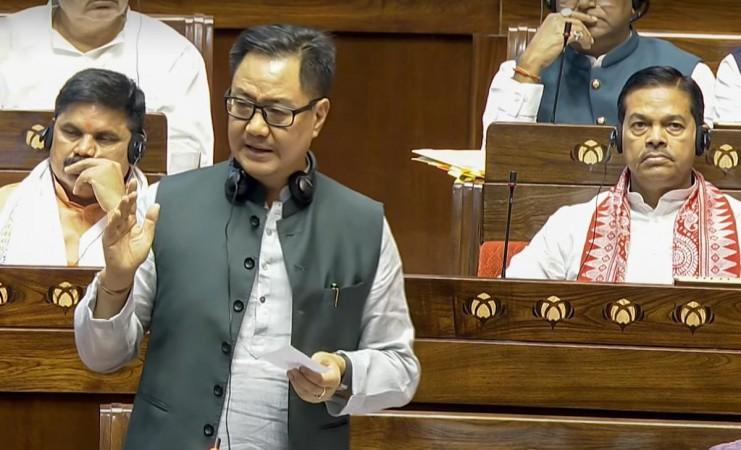
In a significant move, the Lok Sabha is set to table the Waqf Bill today. This legislation seeks to amend the law governing Waqf boards and has already garnered considerable attention from the opposition. Leaders are demanding that the bill be sent to the Parliament's standing committee for scrutiny after its introduction. However, the government has stated that it will not press for discussion on the Bill and its passage following its introduction.
The Bill proposes far-reaching changes in the present Act, including ensuring the representation of Muslim women and non-Muslims in such bodies. This move signifies an effort towards inclusivity and diversity in the governance of Waqf properties, ensuring broader community participation and potentially better governance practices.
The opposition's response to the government's decision not to press for the bill's discussion and passage after introduction has been one of dissatisfaction. They have demanded that the bill be sent to the standing committee for scrutiny, indicating their desire for a more thorough review before the bill progresses.

The Congress party, in particular, is set to oppose the introduction of the bill in the Lok Sabha. The issue was discussed at a meeting of the party's Lok Sabha MPs that was chaired by Leader of Opposition Rahul Gandhi in the Parliament House Annexe. This opposition from the Congress party adds another layer of complexity to the bill's journey through the legislative process.
The day was marked by significant political developments, the tabling of the Waqf Bill in the Lok Sabha and the opposition's response to it. As these stories continue to develop, they will undoubtedly have far-reaching implications on the political, social, and economic landscape of the country.









